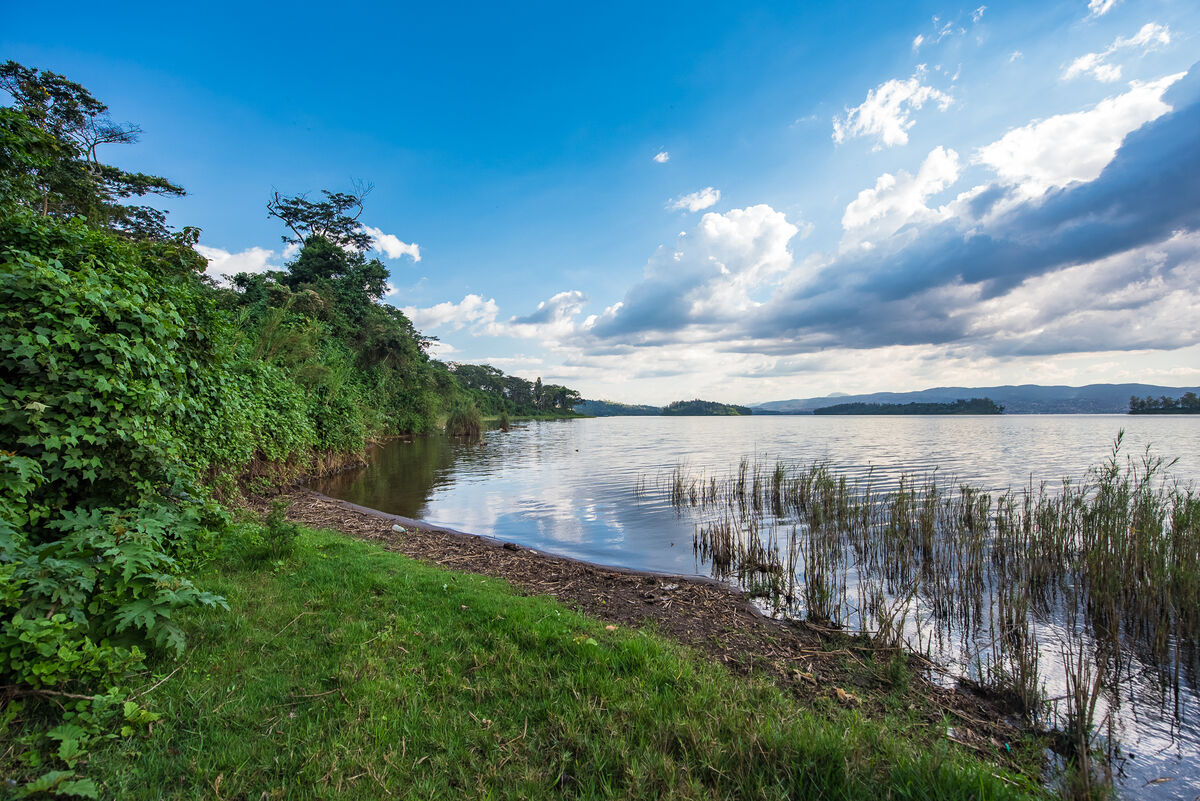
CLIMATE
Reducing our carbon footprint to protect the planet we source from, whilst mitigating climate risk and enable transition opportunities for the business.
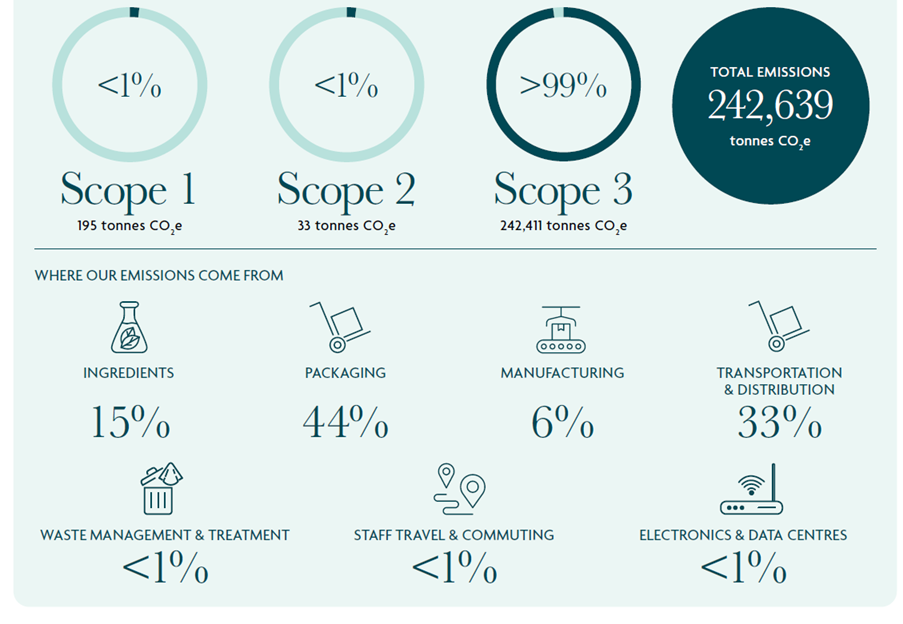
Measurement
We annually conduct a cradle-to-grave business corporate carbon footprint analysis and climate risk analysis, which is transparently reported to CDPvia our annual report. Each carbon footprint assessment looks at all emissions associated with our drinks across their lifecycles; from those connected to running of our headquarters, to the sourcing of our ingredients and the manufacturing of our mixers, to the journey they go on to reach our customers, how they are consumed, and finally their eventual disposal. Measuring our footprint enables us not only to quantify progress made, but also identify hotspots for further decarbonisation, aiding greenhouse gas reductions year-on-year.
In the image you can see Fever-Tree’s baseline 2023 corporate carbon footprint.
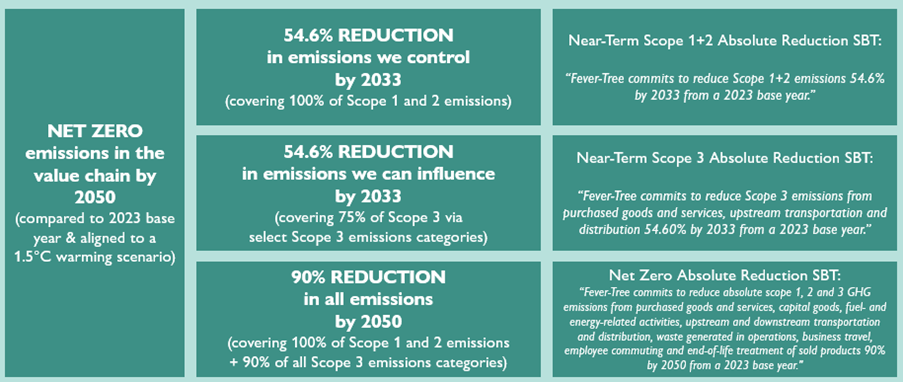
Targets
We’re proud to share that Fever-Tree’s climate goals have been officially approved by the Science Based Targets initiative (SBTi) – a huge step forward on our journey to net zero. Our decarbonisation targets have been independently verified by SBTi as being in line with the most ambitious climate pathway of limiting global warming to 1.5°C. It’s a clear signal that we’re serious about cutting our emissions and doing our part for the planet. You can see our targets in image on the left.
Read more about Fever-Tree’s science-based targets here.

Action
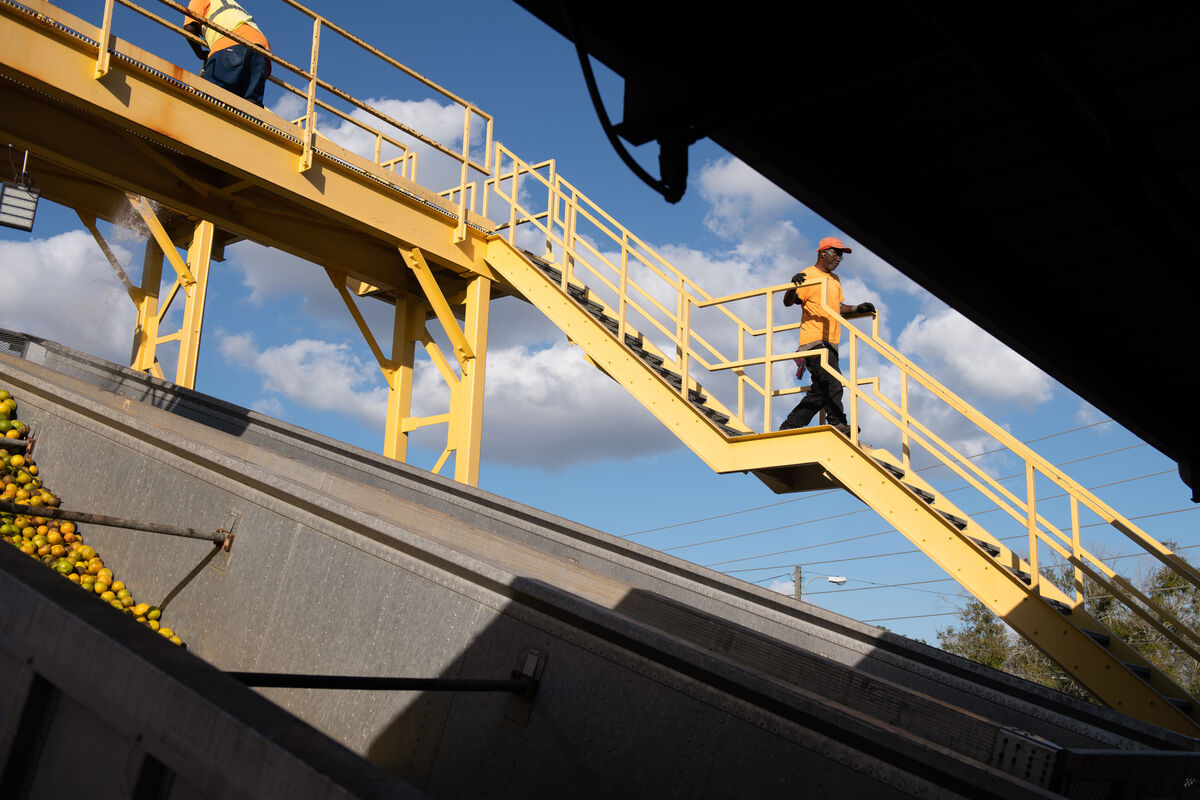
Our Climate Transition Plan
Fever-Tree’s Climate Transition Plan sets out the strategic pathway to achieve our net zero goal, aligned with the Science-Based Targets initiative (SBTi) and the International Transition Plan Network (ITPN). While the plan remains internal for now, we recognise that meaningful progress depends on collaboration across teams, suppliers, and stakeholders. This is an ongoing journey, and we’re committed to supply chain engagement, sustainable innovation, continuous improvement and transparency – which is why we’ll be making the Climate Transition Plan publicly available soon, in line with SBTi guidance.
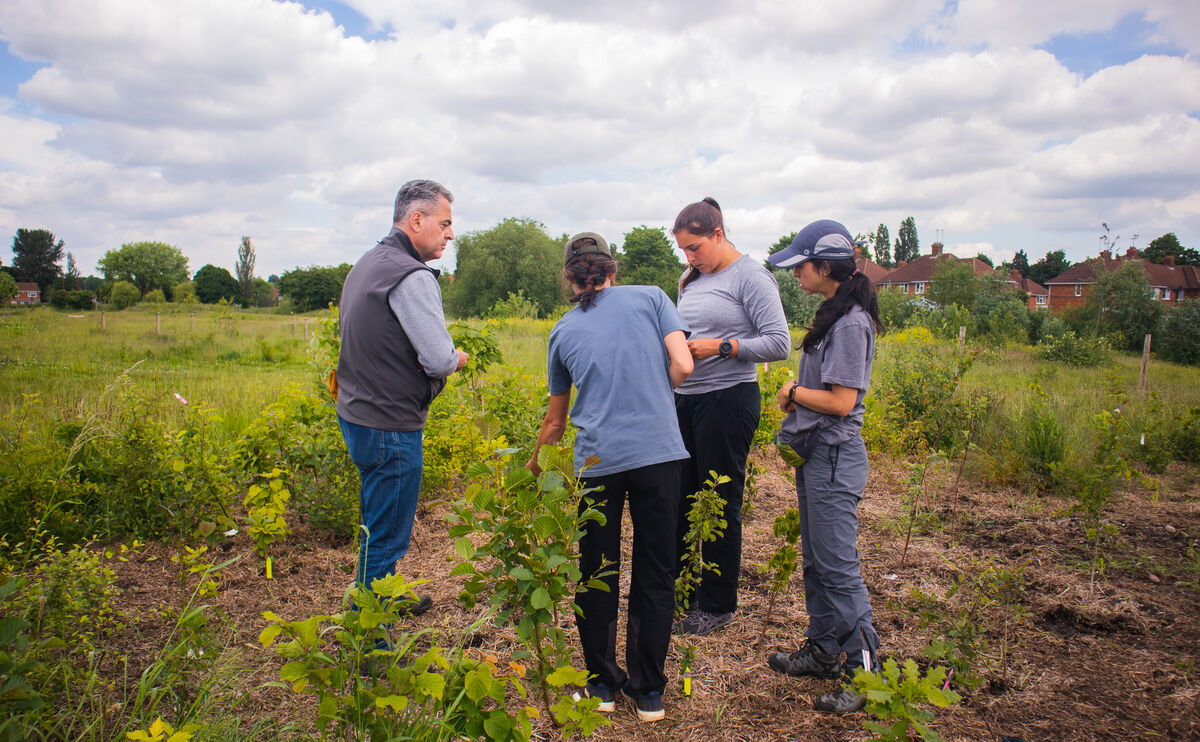
Nature-based solutions
In previous years, we explored the use of high-quality carbon offsets to enable all drinks sold in the UK to be carbon neutral from 2021 to 2023 - independently verified by the Carbon Trust. We invested in high-quality nature-based offsetting projects in regions where we source key ingredients from, such as the Isangi REDD+ Project in the Democratic Republic of Congo. Obtaining carbon neutrality was a great first step that accelerated our understanding of our UK emissions, enabled clear reporting, and laid a solid foundation for supply chain climate engagement. This activity was as a springboard for further action – now having measured a robust global corporate carbon footprint baseline, with near-term and net zero decarbonisation targets verified by the Science-Based Targets initiative, underpinned by Fever-Tree’s incoming Climate Transition Plan.
As of 2024, we departed from carbon neutrality, instead taking the opportunity to look within our supply chains and focus on value chain decarbonisation through ‘insetting’ where we can have the most meaningful impact. In this next phase of our decarbonisation journey, it’s all about enhancing the scope, scale and speed of carbon reductions – broadening our decarbonisation strategy to cover scopes 1-3 with a global lens, looking to expedite action across all life cycle stages.
For full transparency, you can find out more about Fever-Tree's historic carbon neutrality certification.


